Laboratory of Architectural Environmental Design and Building Facilities
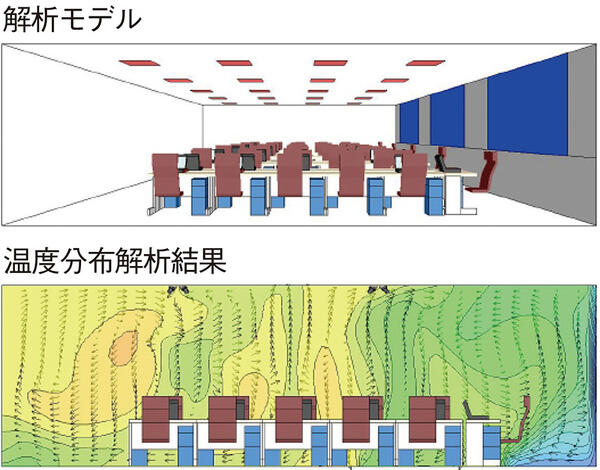
Rresearch images
ecology
The Architecture and Architectural Engineering Course aims to contribute to the development of human culture and the realization of a sustainable society through the creation of rich architectural and urban spaces, and to nurture human resources who are capable of working in a modern international society where major changes in the environment and diverse values coexist, with interdisciplinary perspectives ranging from natural sciences to humanities and social sciences, and with solutions based on architectural science. The purpose of this course is to nurture human resources who can play an active role in modern international society with solutions based on architectural science, while maintaining an interdisciplinary perspective that spans natural science, humanities and social science.
In the Architecture and Architectural Engineering Course, requires students to acquire the following skills by the time they complete the Master's program: students are required ①to have an interdisciplinary perspective that includes the natural sciences, humanities and social sciences, ②to contribute to the realization of a sustainable society by creating rich architectural and urban spaces, and ③ to be able to play an active role in a modern international society where diverse values coexist, by the time they complete the Master's program and students are also required to acquire the following items :
The Architecture and Architectural Engineering Course awards the degree of Master of Architecture or Master of Engineering to those who have completed the above and meet the following requirements.
* The student must complete the midterm examination by the specified date. In the examination and presentation of the master's thesis, one must passed a minimum score of 60% , by the combination scores of at least one principal examiner and one other examiner.
In line with the diploma policy and educational and research objectives, the curriculum of the Architecture and Architectural Engineering Course has been designed with the aim of enabling students to acquire the following abilities
Furthermore, in each class subject, rather than one-way transmission of knowledge, students are encouraged to deepen their professional knowledge and skills through intensive discussions among themselves and with faculty members. In addition, in each class subject, evaluation methods and standards are strictly set, and academic achievements appropriate to a master's degree are evaluated from multiple perspectives to achieve the prescribed academic and educational achievement goals.
The Architecture and Architectural Engineering Course aims to train highly motivated professionals with rich sensibilities, advanced technical skills, and sufficiently deep and cutting-edge knowledge who are sincerely committed to addressing global issues and improving the quality of life. The Course accepts the following types of students and provides them with education and research guidance.

 ecology
ecology


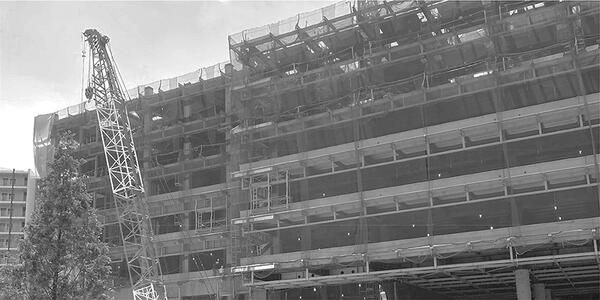
 safety
safety environment
environment architecture
architecture


 architecture
architecture
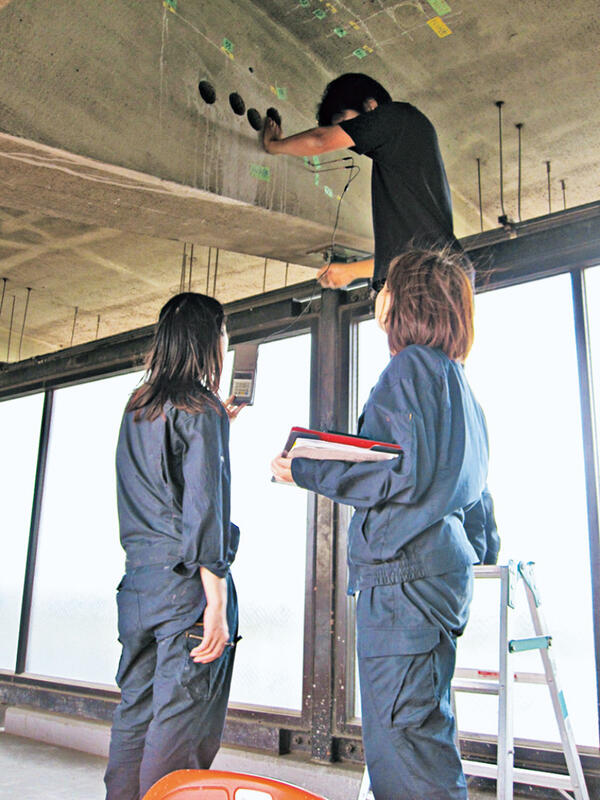
 safety
safety

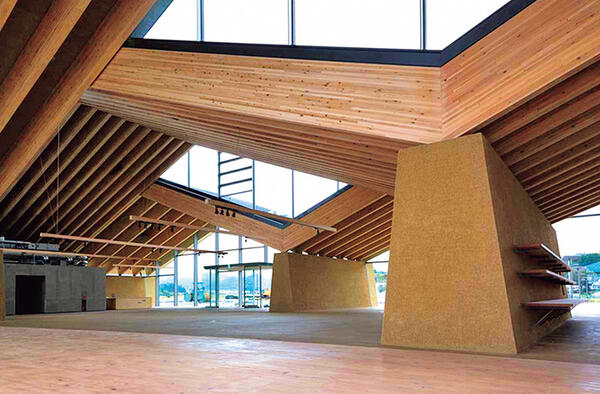
 architecture
architecture



 environment
environment architecture
architecture society
society


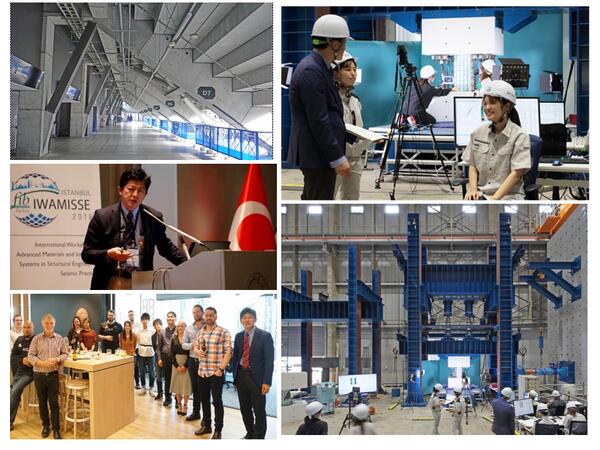
 safety
safety environment
environment architecture
architecture



 safety
safety



 architecture
architecture


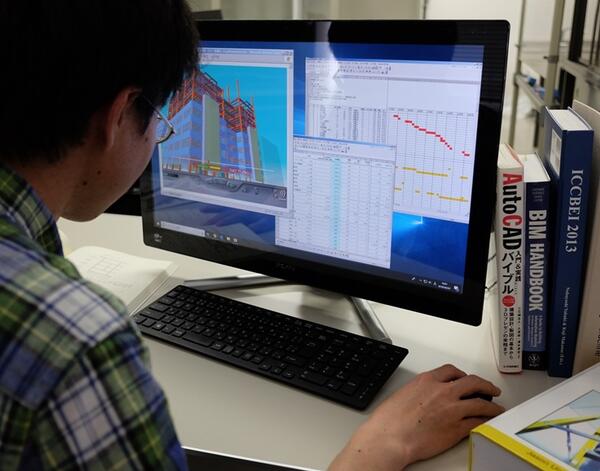
 software
software architecture
architecture society
society



 safety
safety architecture
architecture basic
basic


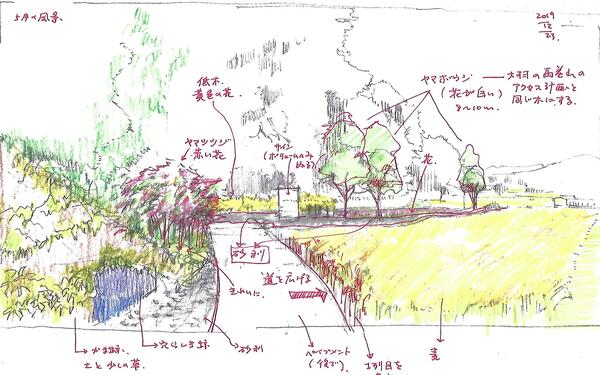
 environment
environment architecture
architecture


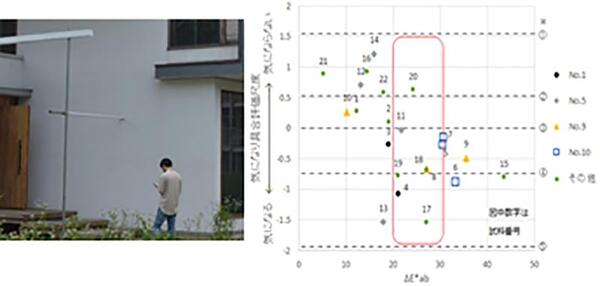
 safety
safety


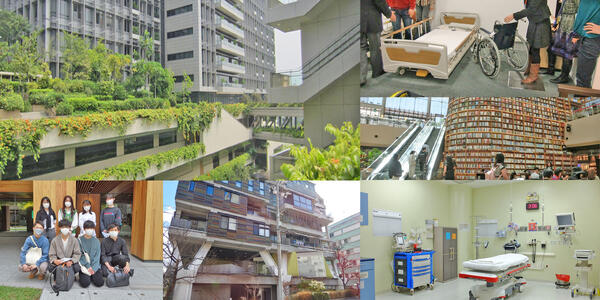
 architecture
architecture
 safety
safety

 ecology
ecology environment
environment society
society


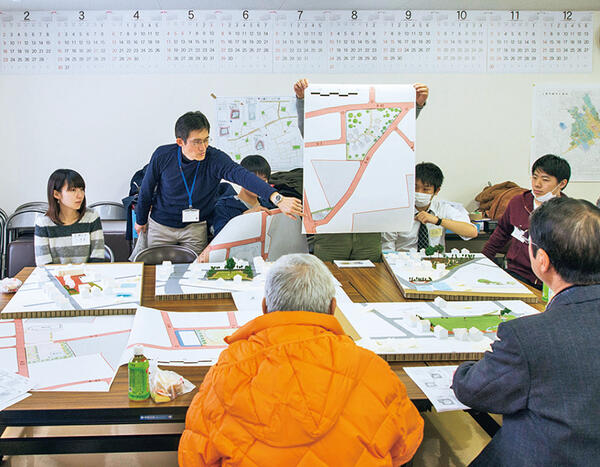
 environment
environment


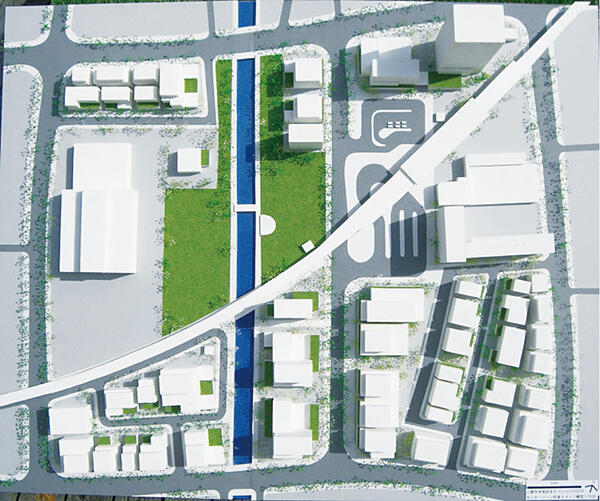
 architecture
architecture

 safety
safety environment
environment architecture
architecture


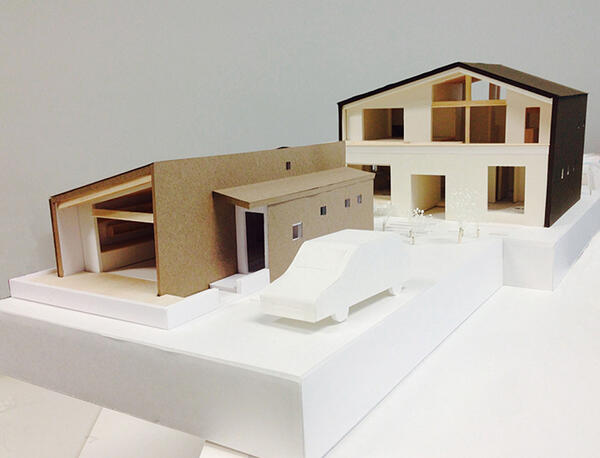
 architecture
architecture



 environment
environment architecture
architecture informationdesign
informationdesign


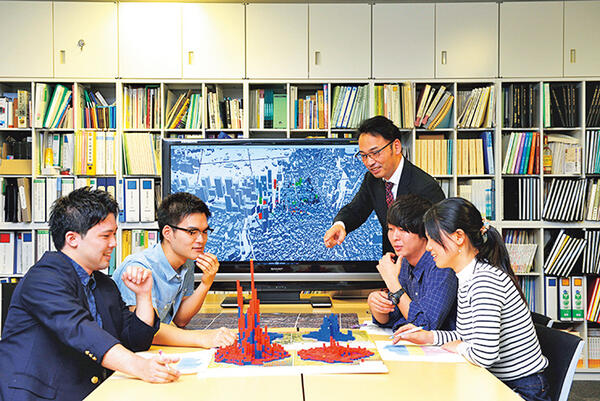
 environment
environment

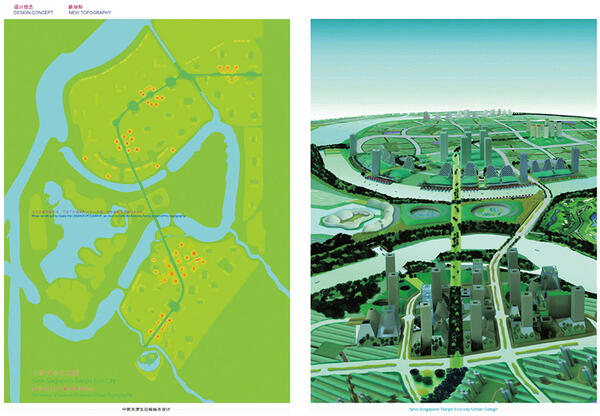
 environment
environment
 environment
environment architecture
architecture society
society


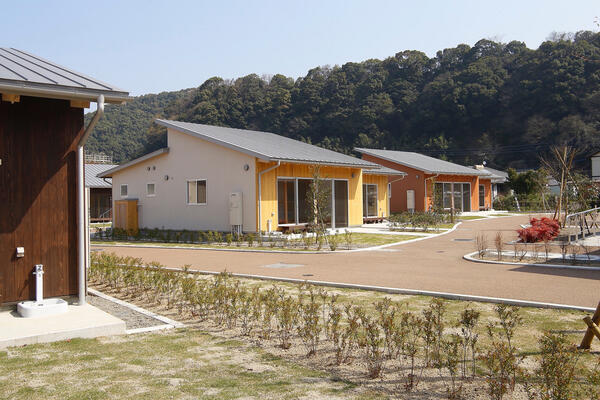
 environment
environment architecture
architecture


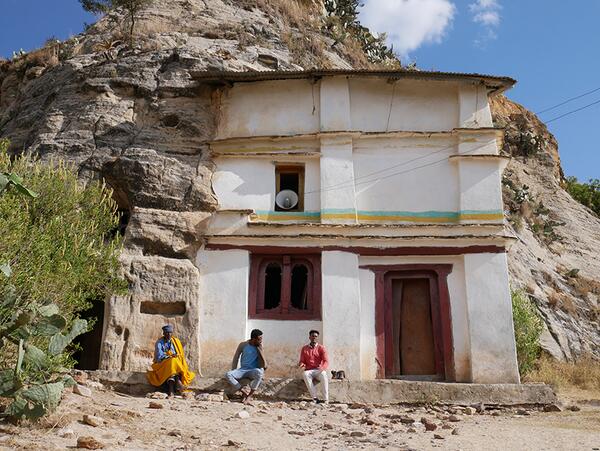
 environment
environment architecture
architecture


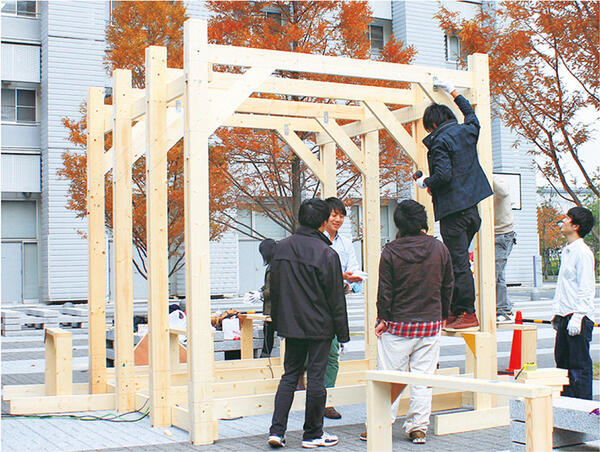
 architecture
architecture


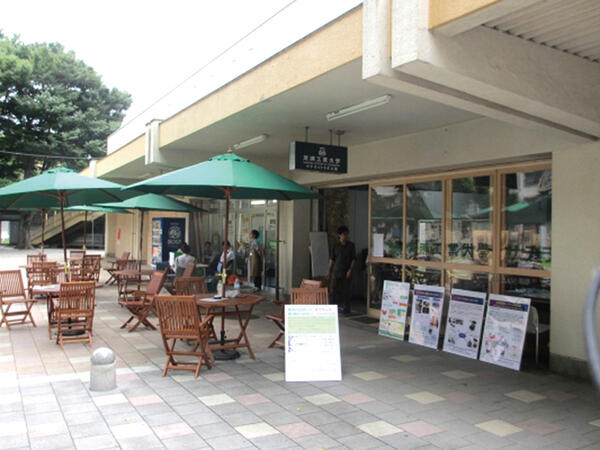
 environment
environment


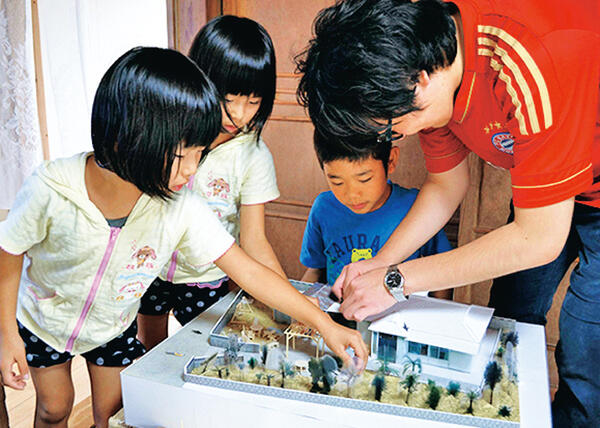
 environment
environment

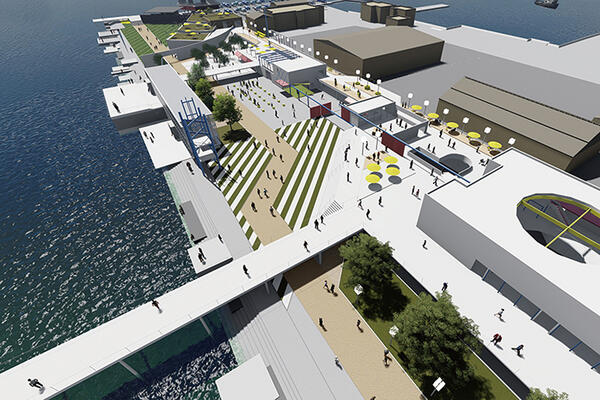
 architecture
architecture


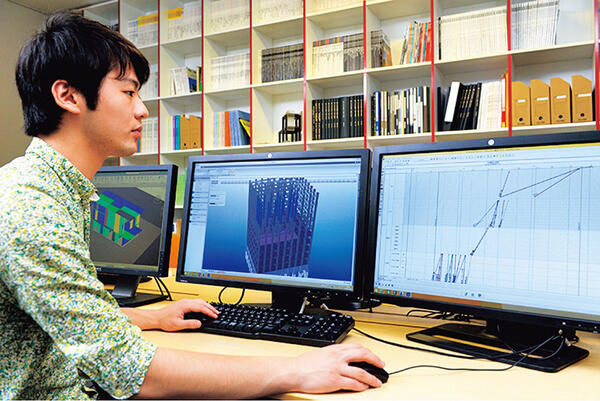
 environment
environment architecture
architecture society
society


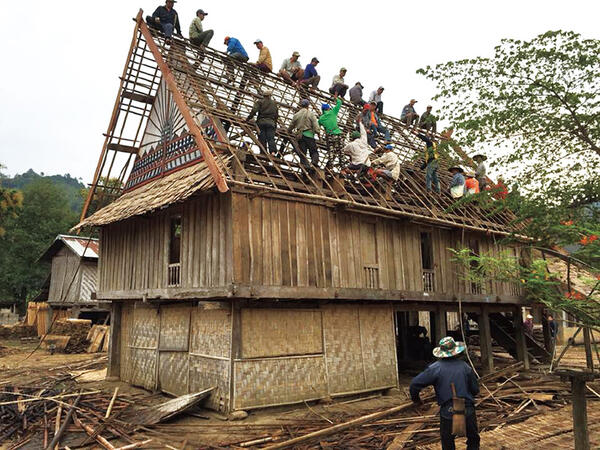
 architecture
architecture


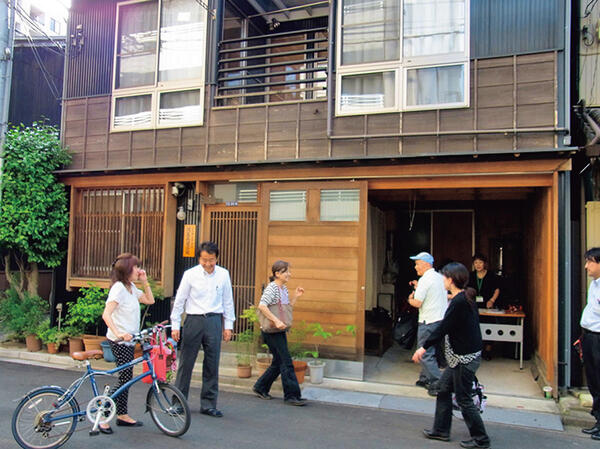
 environment
environment


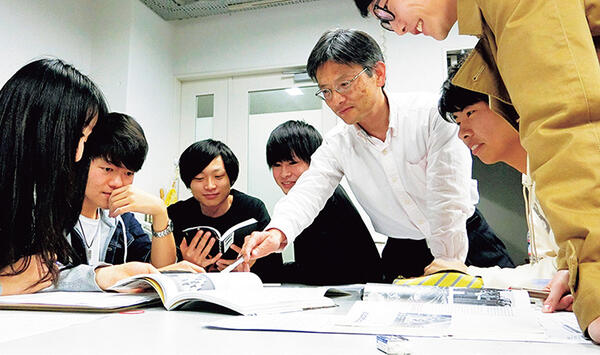
 environment
environment architecture
architecture society
society


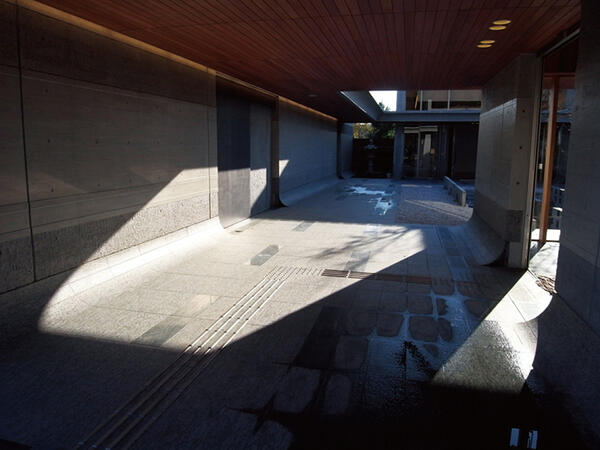
 environment
environment architecture
architecture


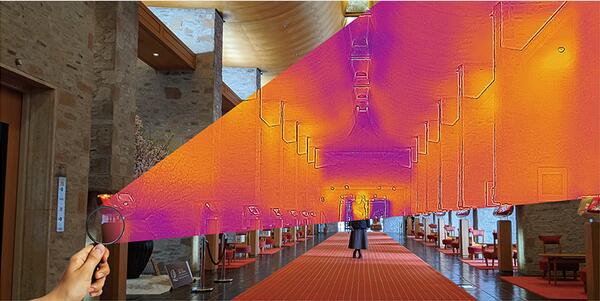
 energy
energy environment
environment architecture
architecture



 safety
safety environment
environment architecture
architecture



 environment
environment architecture
architecture society
society

